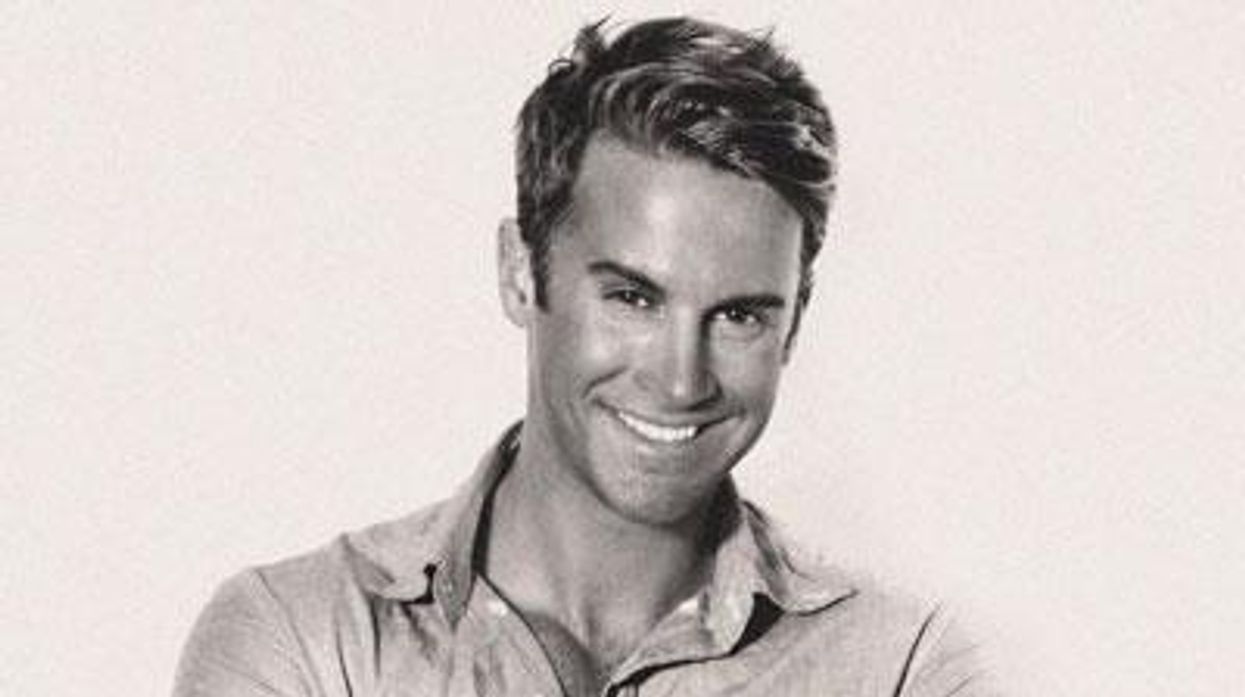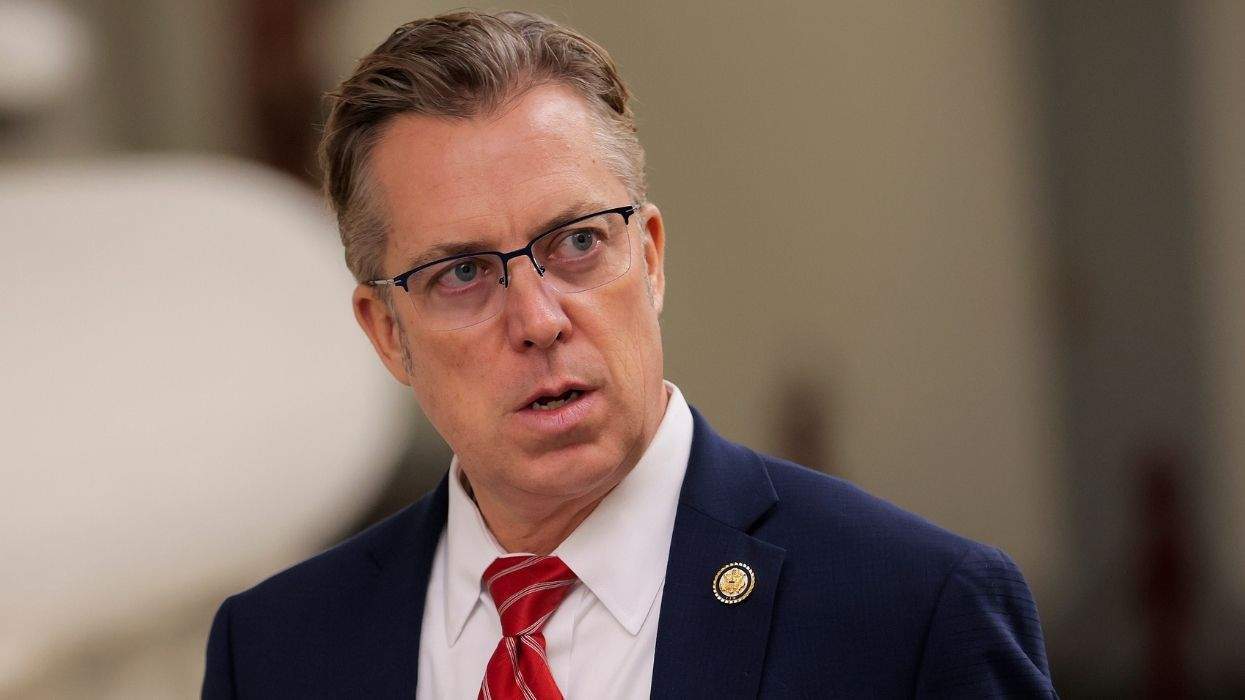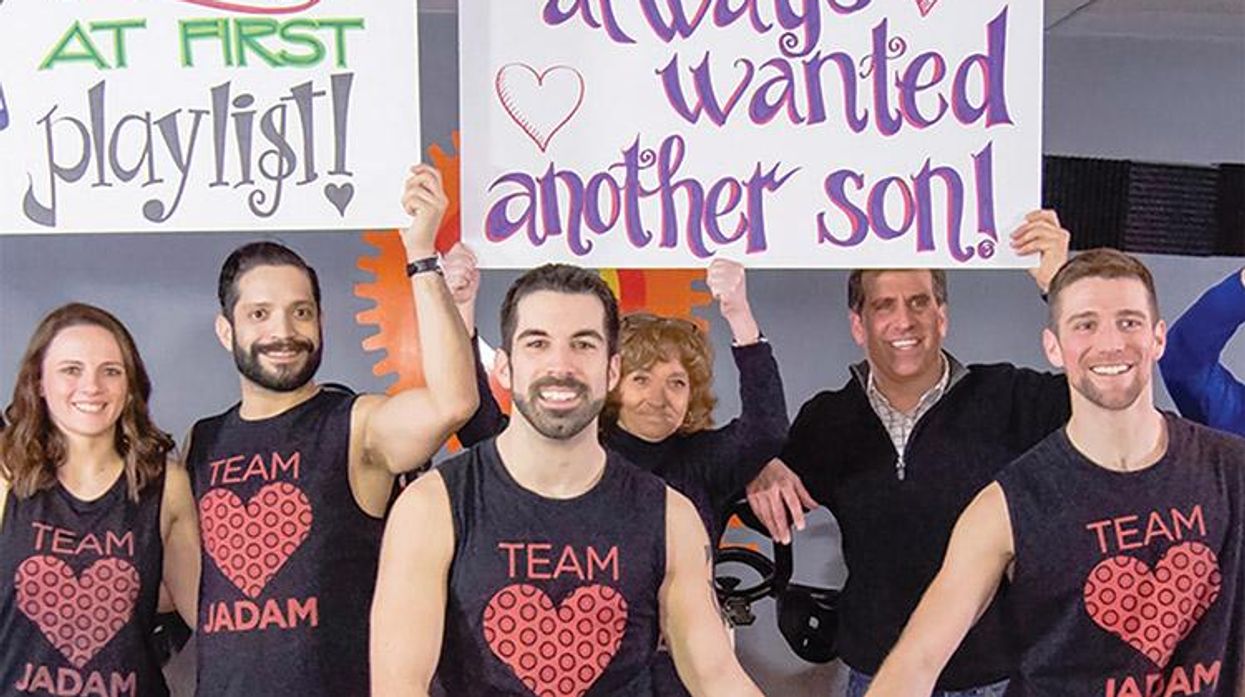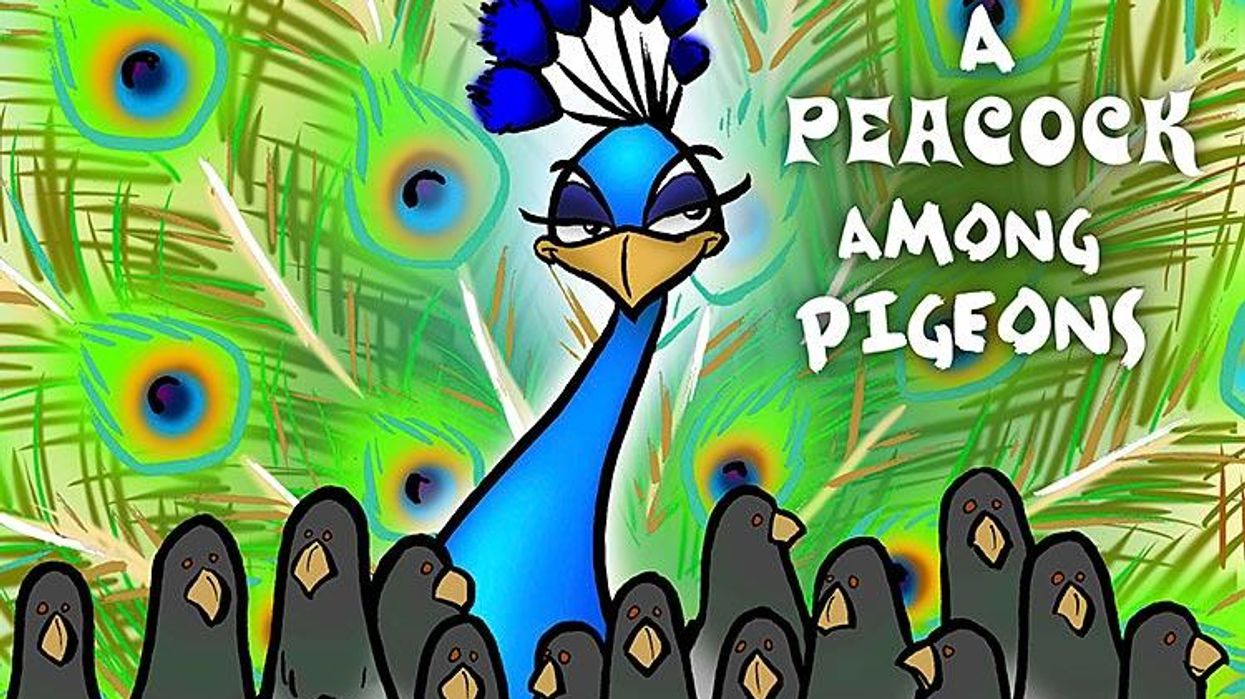As the season of Pride fires up its pistons, we are once again reminded of how corporate the equal rights movement has become. Intermixed with the drag queens, half-naked boys, and protesters of the gay pride parades are the corporate sponsors, floats for the employees of Yahoo!, and free samples of the latest Vitaminwater. Whether you are for or against how corporate gay culture has become, one thing is for sure -- gays are in business, and business is good. But one industry has been in bed with the homos for much longer than Rainbow Oreos or Banana Republic, and that is the industry of alcohol.
Oh, yes, brands like Absolut Vodka, Budweiser, and many others figured out a long time ago that gay culture is synonymous with the culture of cocktails. In the '50s and '60s, underground bars were the only refuge for gay men and lesbians. The modern-day LGBT rights movement was practically born in a bar, when the New York police went to raid yet another homo watering hole and the people at the Stonewall Inn finally decided that enough was enough. Even now, gay bars are where many young men and women first learn to become comfortable with their true identity, while the Long Island iced teas serve a little liquid courage until the nerves subside.
This is where our history lives, and it should forever be preserved as a testament to the strength and irrepressible pride and frivolity that mark the LGBT community. The gay bar culture wasn't just about partying or numbing or booze. It was about escaping to the only place where anyone under the LGBT spectrum could go and be themselves. Give us your weirdos, your sissies, your bull dykes, your queers, and your queens, and we will give them a drink. Who could argue that the skinny boy with a lisp from Mississippi didn't have a damn good reason to polish off the bottle of vodka every Friday night? But today, that same nelly boy is now on the advertisement for State Farm Insurance, and the reason for being addicted to the gay bars well past your early 20s needs to be recognized for what it is: alcohol abuse.
Today, as the gay movement continues to flex its muscle and step outside of the gay ghettos and into the mainstream, an unhealthy number of gay men stay perched on the same barstools well after last call. Those who do choose to remove themselves from the "gay scene" are often called conformists or "program gays," a popular term to describe a gay man who is in Alcoholics Anonymous.
I have heard so many gay men tease others about their sobriety while funneling margaritas down their throat, but with the Centers for Disease Control's report on how LGBT people are more likely to abuse drugs and alcohol than the general population, it would appear that the joke is on them. And it is on me too, as I keep trying and failing to reduce my drinking while remaining a part of traditional gay culture.
At the age of 30, I have found it quite difficult to remain socially active within the gay community while reducing my alcohol intake. And when I say difficult, I mean impossible. Some of my other friends are better at resisting the constant presence of alcohol in our world -- martinis at charity events, wine at dinner, and champagne over brunch -- but I was no good at listening to my own logic when tempted with my favorite numbing agent. I was no longer binge drinking like I did throughout my college days, but alcohol was still as much if not more present than ever.
Alcohol abuse isn't always an innate quality, but can be one that is learned over a sustained period of use and abuse. But for me, it was both. My father was a severe alcoholic who struggled with his disease up until he died in August of 2013 from complications of alcohol abuse. So whether my lean toward the cocktail was a result of nature or nurture, it was something that I couldn't afford to ignore.
According to the CDC, gay men and women are more likely to continue heavy drinking into the later years of life. With a history of alcoholism and depression and the ashes of my father as a reminder of where that path can lead, it was high time that I redefined my relationship with the bottle. Instead of waiting until my alcohol abuse was a larger problem, I wanted to address it now. And with unfavorable statistics from the CDC, I can't help but think that I am not the only one.
Since my father's passing, I have wanted to conduct a 30-day sobriety project where I could evaluate my willpower to resist and examine the effects that booze had on my daily life. Last month, almost a full nine months after his funeral, I finally got around to doing it. So my first observation was my reluctance to put down the bottle, even when I wanted to.
My 30 days of sobriety proved to be just what I had hoped for. I confirmed that alcohol was getting in the way of virtually every goal I had. Whether it was as simple as getting to the gym in the morning or as serious as furthering my long-term career goals, the removal of booze seemed to remove the only barrier between myself and who I wanted to be. There were no blurry mornings where I needed coffee and greasy food before my mind could function. There were no excuses to stay in bed and, surprisingly, there was no desire to sleep in. Dinners with friends were rich in conversation but didn't extend into the late hours of the night when "only one glass" turned into "a bottle for me, a bottle for you." But the best part of my little experiment was that there wasn't one instance, or even half an instance, where I made a decision that I even slightly regretted because I was a little drunk.
It is a part of the gay culture to laugh off alcohol abuse as part of our charm, a silly joke or a harmless offense. And for a while, it is funny! But every joke only lasts for so long, yet I was still part of the worn out punch line.
There are many gay people who have no issues with alcohol, there are others who must seek a life of complete sobriety, and then there are the rest of us left in the gray. Recognizing your alcohol abuse doesn't mean that you have to forever define yourself as an alcoholic, it is merely an acknowledgement a behavior that you have exhibited and actively working to change it.
This year, I celebrate my gay pride by taking a little more pride in who I am and the person I want to become. And despite the desire we all have to be forever 21, that means cooling it on the booze so that this gay boy can start acting like a man.
TYLER CURRY is the senior editor of HIV Equal, a comprehensive online publication dedicated to promoting HIV awareness and combating HIV stigma. To learn more about HIV Equal, visit HIVequal.org or follow Tyler Curry on Facebook or Twitter @iamtylercurry.















